- Home
Edition
Africa Australia Brasil Canada Canada (français) España Europe France Global Indonesia New Zealand United Kingdom United States Edition:
Global
Edition:
Global
- Africa
- Australia
- Brasil
- Canada
- Canada (français)
- España
- Europe
- France
- Indonesia
- New Zealand
- United Kingdom
- United States
 Academic rigour, journalistic flair
Academic rigour, journalistic flair
 Getty Images
NZ’s draft science curriculum favours rote learning over critical thinking
Published: November 25, 2025 3.20am GMT
Sara Tolbert, Monash University, Ben Kennedy, University of Canterbury, Sibel Erduran, University of Oxford, Troy D Sadler, University of North Carolina at Chapel Hill
Getty Images
NZ’s draft science curriculum favours rote learning over critical thinking
Published: November 25, 2025 3.20am GMT
Sara Tolbert, Monash University, Ben Kennedy, University of Canterbury, Sibel Erduran, University of Oxford, Troy D Sadler, University of North Carolina at Chapel Hill
Authors
-
 Sara Tolbert
Sara Tolbert
Professor of Science Education, Monash University
-
 Ben Kennedy
Ben Kennedy
Professor of Earth Sciences, University of Canterbury
-
 Sibel Erduran
Sibel Erduran
Professor of Science Education, University of Oxford
-
 Troy D Sadler
Troy D Sadler
Professor of Science Education, University of North Carolina at Chapel Hill
Disclosure statement
Sara Tolbert's research has been supported by funding from NZCER's TLRI scheme. She served as subject matter expert (science) and science advisory group member to the New Zealand Ministry of Education from 2022 to 2024.
Ben Kennedy receives funding from MBIE's Endeavour Fund for science education research.
Sibel Erduran and Troy D Sadler do not work for, consult, own shares in or receive funding from any company or organisation that would benefit from this article, and have disclosed no relevant affiliations beyond their academic appointment.
Partners
Monash University provides funding as a founding partner of The Conversation AU.
University of Oxford provides funding as a member of The Conversation UK.
University of Canterbury provides funding as a member of The Conversation AU.
University of Canterbury provides funding as a member of The Conversation NZ.
View all partners
DOI
https://doi.org/10.64628/AA.3j5sapxd5
https://theconversation.com/nzs-draft-science-curriculum-favours-rote-learning-over-critical-thinking-268997 https://theconversation.com/nzs-draft-science-curriculum-favours-rote-learning-over-critical-thinking-268997 Link copied Share articleShare article
Copy link Email Bluesky Facebook WhatsApp Messenger LinkedIn X (Twitter)Print article
New Zealand’s draft science curriculum, released last month, promises to advance “knowledge-rich” learning.
But the term remains only loosely defined and the curriculum fails to appreciate the importance of teaching students critical thinking in science.
Research and practice over the past several decades have revealed that a truly knowledge-rich science curriculum encompasses multiple dimensions. These include content knowledge (facts and concepts), procedural knowledge (how to practice science) and epistemic knowledge (understanding the nature of scientific knowledge).
Epistemic knowledge and procedural knowledge are necessary to enable critical thinking, informed decision making and functional scientific literacy. While New Zealand’s draft curriculum is strong on factual content, this comes at the expense of other significant knowledge domains.
Current research on scientific literacy demonstrates that deep knowledge includes awareness of ethical and relational dimensions of science, which are absent in the current draft.
We argue this omission risks failing students and society by not teaching critical thinking – a necessary skill to address the world’s major challenges such as climate change, pandemics and misinformation.
The draft curriculum also offers no insights into how decisions are made about what counts as “core knowledge” and which ideas are prioritised or left out. This obscures whose perspectives shape what counts as essential knowledge.
As reflected in the recent feedback compiled by teacher professional associations, including Earth and Space Science Educators of New Zealand and the New Zealand Association of Science Educators, science teachers worry about the mismatch between content demands and student readiness.
For example, hormone regulation now appears in Year 10, despite currently being taught at Year 13. This three-year downshift ignores whether Year 10 students possess the cognitive maturity and foundational knowledge needed to grasp such complex physiological processes.
Foundational concepts that should be taught together (such as the periodic table and atomic theory) are separated. The absence of a coherent vertical learning progression leaves teachers without a clear pathway for building student understanding systematically across year levels.
The nature of science
Perhaps most troubling is how the draft considers the “nature of science”, or the epistemic, social and relational dimensions of how scientific knowledge is produced and validated.
The draft claims this is “embedded” within practices and knowledge, but in fact the approach effectively eliminates the nature of science as a distinct and explicit curricular focus.
Science encompasses not only knowledge and practices, but also social values, norms and institutions that shape how knowledge is generated, evaluated and accepted. Teaching this explicitly is recognised internationally as indispensable in science education.
Students need to recognise that science is a human endeavour shaped by practices that aim to produce reliable knowledge – such as peer review, systematic observation and openness to new evidence – and troubling legacies, including its historical complicity in colonisation and racism, ableism and sexism.
The draft also suffers from a serious misinterpretation of scientific practice. Over the past decade, the science education community has embraced epistemic practice as necessary – that is, students engage in practices that build, evaluate, critique and refine scientific knowledge.
Research has documented an unprecedented crisis of misinformation affecting both public understanding of science and scientific research itself. Science education scholars argue that curricula which fail to develop students’ epistemic understanding and critical evaluation skills miss a crucial opportunity to equip learners to navigate contested knowledge claims.
Yet many elements in the draft, including those described as “practices”, are simply activities or rote procedures. This means students may develop technical skills without the critical capacities needed to evaluate the trustworthiness and validity of scientific claims.
Science education in a risk society
We live in what sociologist Ulrich Beck termed a “risk society”. The world faces daunting challenges requiring scientific knowledge and critical engagement with its social contexts.
Internationally, science curriculum frameworks are beginning to recognise this. For example, Singapore’s 2023 primary and secondary curriculum introduced values, ethics and attitudes in science. These recent reforms support students to discuss beneficial and harmful consequences of scientific applications and equip them to articulate their ethical stance.
New Zealand’s draft science curriculum provides no framework for this kind of engagement. The overarching framework, Te Mātaiaho, encompassed these values and was intended to be explicitly integrated throughout all learning areas, including science. However, it has since been stripped of its original intent.
Ironically, just as international organisations highlight that Earth and environmental science need strengthening, New Zealand’s draft reduces this content drastically.
Topics on earthquakes, volcanoes and tectonic plates – fundamental to understanding New Zealand’s unique landscape – are nearly eliminated from the science curriculum. Minimal coverage is moved to Year 8 social sciences.
Climate change is also underrepresented, limited to Year 9 and 10. And the draft offers only two references to Indigenous knowledge.
Research demonstrates that students’ sense of science being “for me” profoundly affects their engagement and future pathways.
When a curriculum reduces science to decontextualised facts, students do not see themselves in it. Everyone loses the opportunity to connect science to their own lives, communities and questions.
New Zealand could lead in science education and be among the first to fully implement the vision articulated in the OECD’s 2025 Programme for International Student Evaluation (PISA) which emphasises developing science citizenship capabilities. Instead, this draft moves us backward.
This article was co-authored with input from New Zealand science teachers, including Madeleine Collins, Rachel Chisnall and Faye Booker. We appreciate the professional insights and informed perspectives they have shared with us.
- New Zealand
- Science education
- Critical thinking
- Science curriculum
- Epistemology
- Misinformation
Events
Jobs
-
 Analyst, Student Information and Regulatory Reporting
Analyst, Student Information and Regulatory Reporting
-
 Lecturer in Paramedicine
Lecturer in Paramedicine
-
 Associate Lecturer, Social Work
Associate Lecturer, Social Work
-
 Lecturer, Communication Design
Lecturer, Communication Design
-
 Leading Research Centre Coordinator
Leading Research Centre Coordinator
- Editorial Policies
- Community standards
- Republishing guidelines
- Analytics
- Our feeds
- Get newsletter
- Who we are
- Our charter
- Our team
- Partners and funders
- Resource for media
- Contact us
-
-
-
-
Copyright © 2010–2025, The Conversation
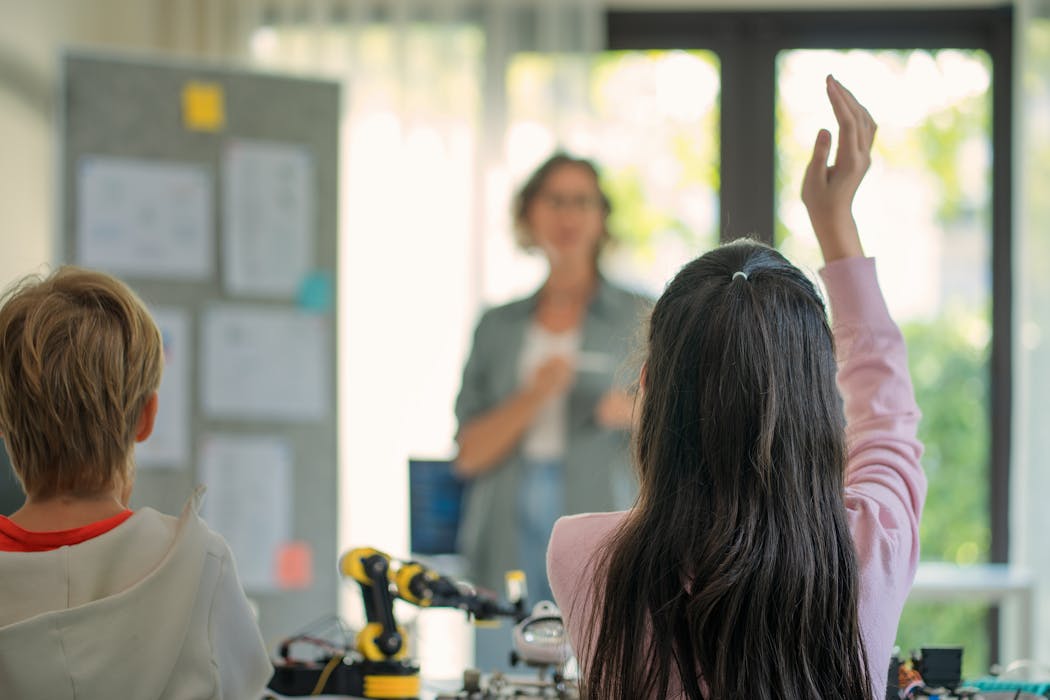
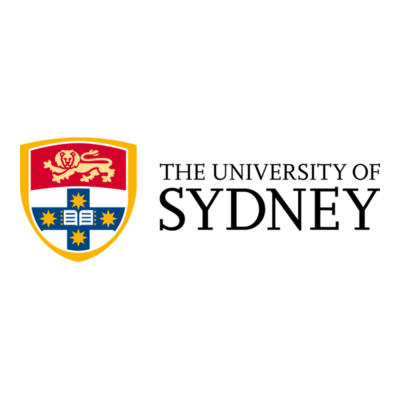 Analyst, Student Information and Regulatory Reporting
Analyst, Student Information and Regulatory Reporting
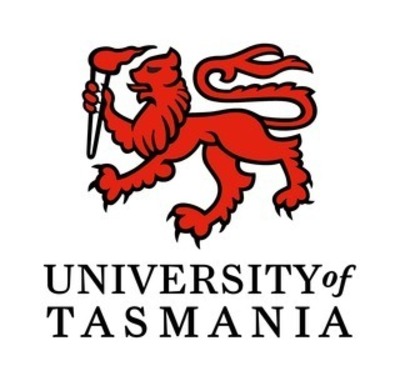 Lecturer in Paramedicine
Lecturer in Paramedicine
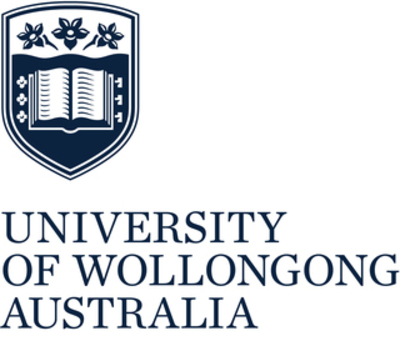 Associate Lecturer, Social Work
Associate Lecturer, Social Work
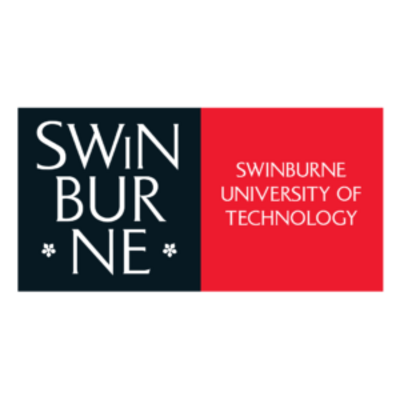 Lecturer, Communication Design
Lecturer, Communication Design
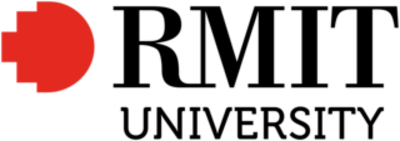 Leading Research Centre Coordinator
Leading Research Centre Coordinator
.JPG?width=1200&auto=webp&trim=153%2C0%2C13%2C0)


